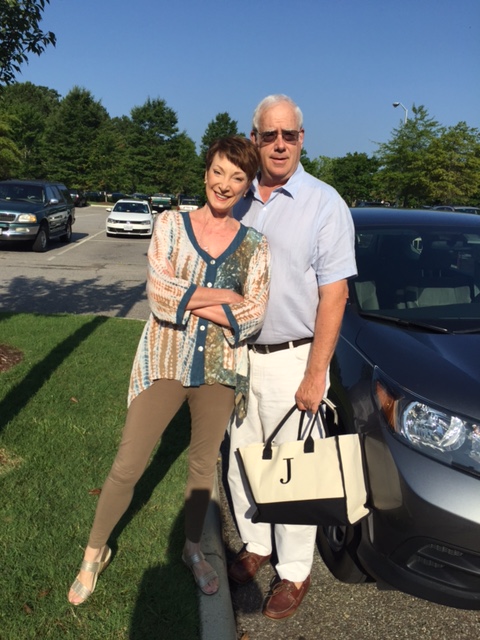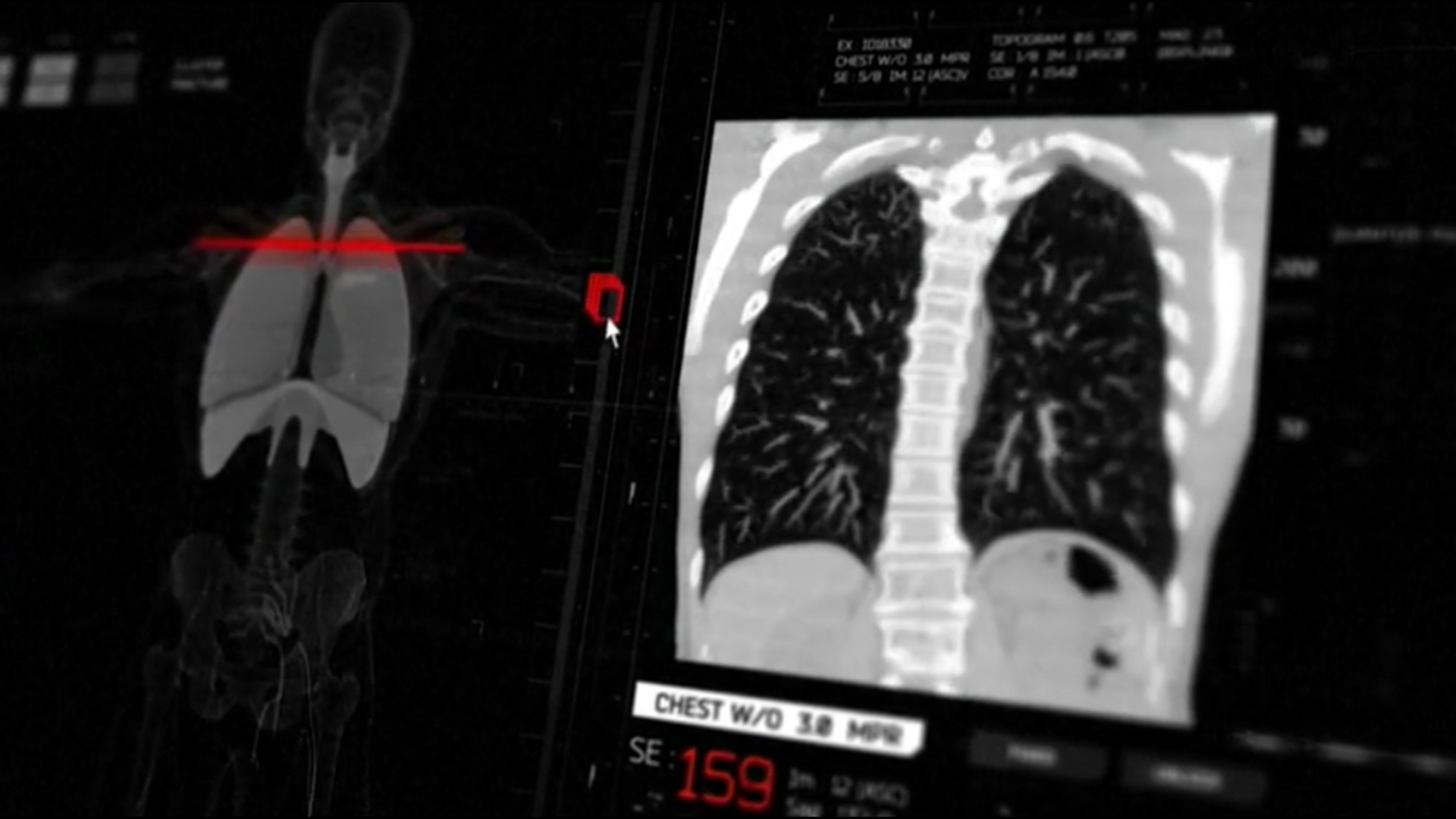NORFOLK, Va. (WVEC) -- A male news director gave a young Jane Gardner this advice in 1974 as she applied for the only job a woman could get in a television newsroom in Roanoke, Virginia: "Make sure you wear a skirt for the on-camera audition."
It was the not-so-subtle seventies when newsrooms were smoke-filled and the language was shamelessly politically incorrect.
Jane, from Richmond, was applying for the position of "Weather Girl." As the news director explained to her, it was important for managers to be able to see her legs in the audition tape because legs are an important part of the job.
Jane got the job.
Four years later, Jane was rescued from Roanoke by WVEC-TV in Norfolk, Virginia. Jane was hired as a reporter and producer of documentaries. Two years later, she became the first female main anchor. News management partnered her with former ABC newsman Jim Kincaid.
Jane calls the early 1980's a magical time in television.
"We just loved this job, and we felt that we had this job to help people understand the world we live in," said Jane.
Getting the main anchor position wasn't her only first. Jane was also the first medical reporter in Hampton Roads. With precision, poise and passion, Jane delivered to Hampton Roads groundbreaking news on many major developments in medicine over the past few decades. She was on the scene when the nation's first so-called test tube baby was born in Norfolk. She told the region about a new deadly disease called acquired immune deficiency syndrome or AIDS, pre-natal care, and why women should breastfeed their babies.
Her coverage of medicine went beyond the shores of Hampton Roads. Jane traveled the world with a new Norfolk-based organization called Operation Smile. Jane and her videographer Doug Sesny expertly recorded the efforts of plastic surgeons, who set up facilities in third-world countries to correct grotesque facial deformities in children and adults. Jane is proud of the stories.
"To go to a third-world country and watch the difference that doctors and nurses and other medical professionals could make in those lives, that was life-changing for us," said Jane.
At the age of 63, Jane Gardner has another story to tell. It is the story of her survival. In 1999 Jane beat breast cancer, and in 2010 she fought off Melanoma. It is the most dangerous form of skin cancer.
Earlier this year, the ever-svelte Jane noticed a protrusion in her belly. Her internist's fears were confirmed when surgeons removed a mass that was later determined to be a stage 2B clear-cell carcinoma. Of the reproductive system cancers, ovarian cancer is the most deadly, according to the Centers for Disease Control and Prevention. There are many forms of ovarian cancer, and clear-cell is considered an aggressive form of the disease. However, there is some good news. The cancer was contained, and doctors caught it during the early stages of the disease process.
Learn More: Ovarian cancer
Jane's case is the exception. Typically, ovarian cancer is caught in the later stages of the disease process. Women often overlook the warning signs because they are similar to many other benign disorders. According to the CDC, the early signs include unusual vaginal bleeding or discharge, pain in the pelvic or abdominal area, back pain, bloating, feeling full quickly while eating and a change in your bathroom habits.
Jane is getting weekly chemotherapy treatments at Virginia Oncology in Norfolk. Doctors administered her first dose of chemo in mid-June. The second scheduled dose was delayed because Jane's white blood count had fallen to a dangerously low level. On July 7, just before resuming chemotherapy treatments, Jane received good news from a lab report. After only one dose of chemotherapy, Jane's level of the protein tumor marker called c-125 had dropped from an ominous level of over 1,700, to the normal range of 31. The medicine is working.
A reporter and photographer from The Virginian-Pilot have closely followed Jane's journey. The recent articles have offered intimate details into Jane's diagnoses, treatment plan and the frightening statistics on ovarian cancer survival rates. The former television journalist who brought ground-breaking medical stories to Hampton Roads is determined to continue educating the public by sharing information about her road to recovery.
"If you can help people understand the disease, I think you have to do that," said Jane.
Because of the recent news coverage, other patients who want to share their cancer story often approach Jane at Virginia Oncology and during her daily travels.
The medical reporter who taught Hampton Roads about advances in healthcare now offers advice on how to manage a serious illness.
Jane says, first of all, don't ignore symptoms and if have a been diagnosed with a serious illness, get a second opinion. Doctors at Duke University confirmed her diagnoses and endorsed the treatment plan.
"I think doctors now respect that and expect it," said Jane.
Jane also recommends that patients research their disease.
"Knowledge is power, especially when you are confronted with a serious illness," she said.
Jane does not minimize the gravity of her disease, but for now she is focused on living and thankful for the community's support.
"The kindness of the people of Hampton Roads is extraordinary and the people who have reached out to me as I have been going through this have been so kind. I cannot express my gratitude," said Jane.


